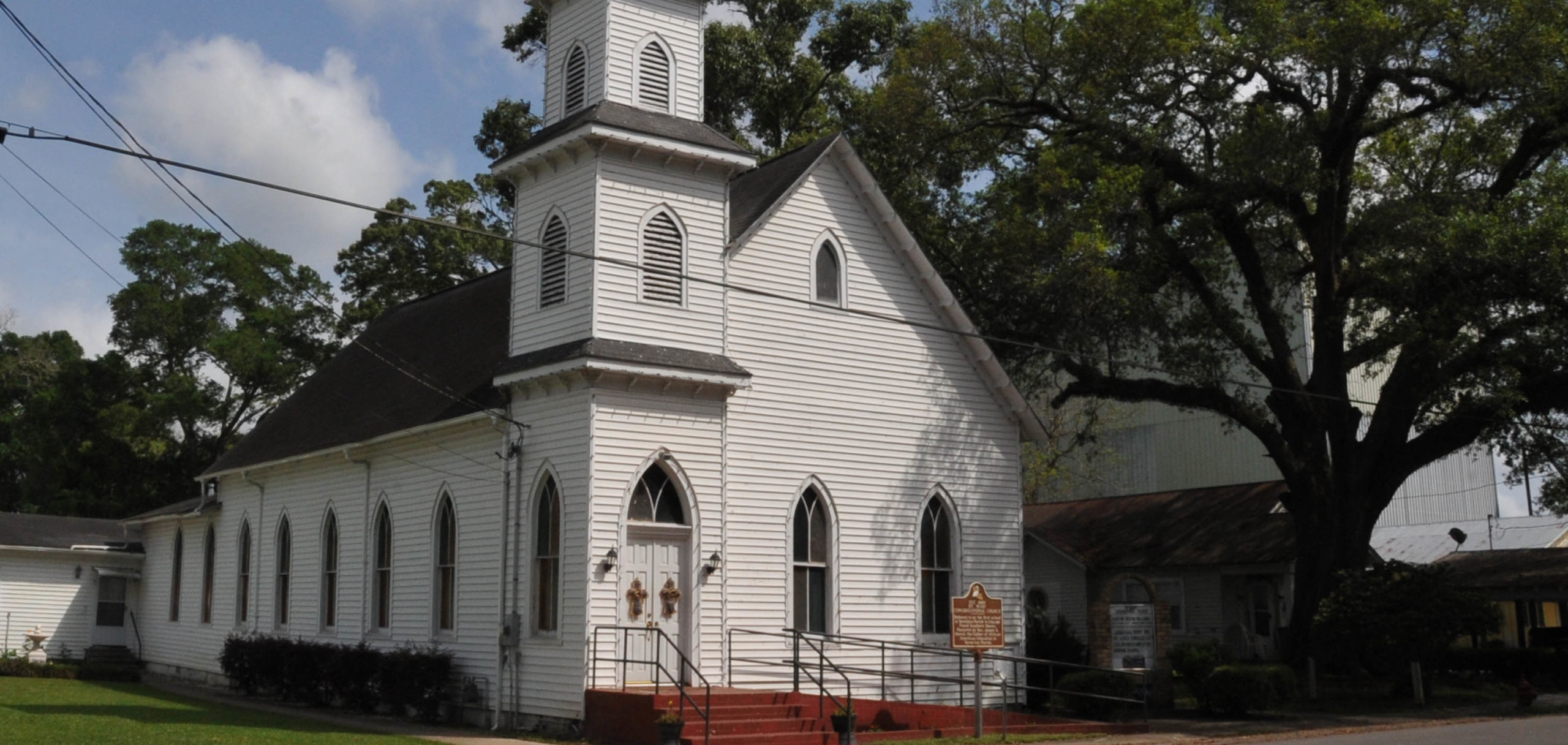
Est. 1872
Congregationalism is more easily identified as a movement than a single denomination, given its distinguishing commitment to the complete autonomy of the local congregation. The early Congregationalists shared the theology of a pure church. They believed the adult conversion experience was necessary for an individual to become a full member in the church. The two foundational tenets of Congregationalism are sola scriptura and the priesthood of believers. According to Congregationalist minister Charles Edward Jefferson, the priesthood of believers means that “Every believer is a priest and … every seeking child of God is given directly wisdom, guidance, power.” This belief leads Congregationalist Christians to embrace Congregationalist polity, which holds that the members of a local church have the right to decide their church’s forms of worship, confessional statements, choose their own officers, and administer their own affairs without any outside interference
In the United States, In the United States, the Congregational tradition traces its origins mainly to Puritan settlers of colonial New England. Congregational churches have had an important impact on the political, religious and cultural history of the United States. Their practices concerning church governance influenced the early development of democratic institutions in New England, and many of the nation’s oldest educational institutions, such as Harvard and Yale University and Dillard University.
In Vermilion Parish, the St. Mary Congregational Church is the oldest incorporated, predominantly African-American church on record. American Missionary Association records organization date as 1877 with some older records putting the actual year at 1872. The clerk of court records its registration in the parish in 1896. The current church building was erected in 1905. The first pastors on record were Rev. William Butler (1877), Rev. Charles E. Smith (1878-1882), Rev. Homer Jones (1882-83), Rev. Frank Plowden (1885-88). Rev. James A. Herod (considered the “Father Of Education” for African-Americans in Vermilion Parish) began pastoring in 1896. Being summoned to the post twice, he served thirteen years and became a highly effective educator. Utilizing the church building as a school, his legacy continues, even today, throughout the Abbeville community.
St. Mary Congregational Church today is pastored by Rev. Kevin M. A. William, Sr. (1994) and has grown from a founding membership of 21 to 300+. It was the first church family to incorporate “Praise Dancing” in its worship service. The church broadcasts “live” via FaceBook every Sunday, and has a YouTube page, web page, and a Twitter page. Currently, it’s assets include a 300 seat sanctuary, a multi-ministry building, a parsonage, and two cemeteries. It has housed work-programs, new church families, flood victims, and the homeless. Several community organizations have been birthed on its premises such as H.E.R.O.D. Village and Vermilion Faith Community Of Care. St. Mary Congregational Church was placed on the a National Registry Of Historical Places in 1999.
